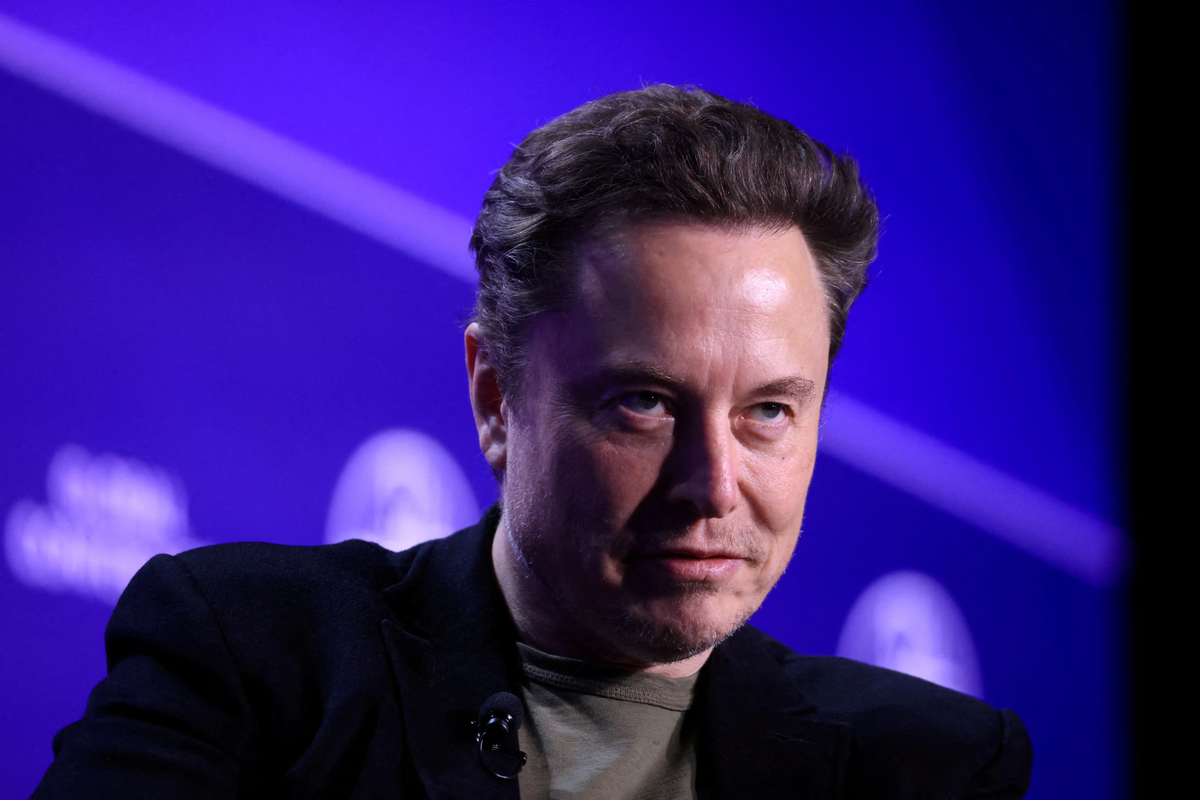Can the SEC Crack Musk’s Political Shield?
The SEC’s case against Musk asks a troubling question: can financial laws withstand the influence of a billionaire with political clout?

The Securities and Exchange Commission is suing Elon Musk, alleging that the tech billionaire deliberately concealed his Twitter stock purchases to save millions. The lawsuit, filed Tuesday in federal court, claims Musk strategically delayed disclosing his acquisition of over 5% stake in Twitter during early 2022, violating federal securities law and allowing him to amass shares at artificially deflated prices.
Musk's actions, if the allegations prove true, exemplify why disclosure requirements existed in the first place. But his likely escape from meaningful consequences – protected by the very political power his wealth helped secure – could prove more damaging to market integrity than the original violation.
The timing couldn't be more politically explosive. Musk has transformed from a wealthy supporter into one of the most powerful figures in Trump's America, wielding influence far beyond his technological empire. Through his America PAC, he poured $75 million into Trump's successful 2024 campaign, emerging as one of the largest individual donors in modern political history. X became a digital command center for pro-Trump messaging, amplifying the MAGA movement's reach across social media.
As co-leader of the newly established, if entirely symbolic, Department of Government Efficiency alongside Vivek Ramaswamy, Musk sits at the heart of Trump's ambitious plans to reshape federal governance. Simply put, the man tasked with streamlining government operations is credibly accused of manipulating market regulations for personal gain. His lawyer, Alex Spiro, dismissed the SEC action as a "sham" – a desperate move from a regulatory body whose authority may soon be drastically curtailed.
The case's black-and-white details—the deliberate delay in disclosure, the precise 11-day violation of the 10-day reporting requirement, and the measurable $150 million in savings—allege a pretty clear case of calculated market manipulation. When Twitter's stock price surged 27% immediately after Musk's delayed disclosure, it revealed exactly why these reporting requirements exist: to prevent wealthy insiders from gaming the system. But in Trump's America, does the system still apply to those who help shape it?
The SEC's suit will test whether America's financial laws can withstand the gravitational pull of political power. Musk has become a key Trump advisor in diplomatic affairs, going so far as to join high-level conversations with foreign officials. His voice carries weight in policy discussions ranging from technological innovation to immigration reform, despite internal criticism from MAGA stalwarts like Steve Bannon, who has publicly questioned Musk's motives and policy positions.
The SEC isn't seeking to block Musk's past Twitter acquisition or impose operational restrictions – those ships have sailed, sprung a leak, and sunk somewhat ignominiously. Instead, they're pursuing civil penalties and disgorgement of profits. But even these relatively modest remedies face an uncertain future. Will a Justice Department under Trump vigorously pursue the case? Will settlement negotiations receive political pressure? Will the SEC itself survive with its enforcement powers intact under an administration where the accused sits at the decision-making table?
There's a disturbing precedent here; isn't there always? Musk, who leveraged his wealth to create historically unprecedented political influence, is accused of manipulating market rules to increase that wealth.
What happens to regulatory oversight when the regulated become the regulators? Can America's financial markets maintain even the pretense of integrity when political influence trumps legal obligation? As Musk helps shape government efficiency from within, his case may well define the boundaries – or lack thereof – of corporate accountability in this new political era.
The SEC's lawsuit against Musk may be remembered as the last gasp of regulatory responsibility. Alongside Trump's Scott-free sentencing farce, it could mark America's final and irretrievable acknowledgment that wealth, political power, and regulatory compliance are now intertwined. Musk, ever the survivor, is unlikely to face consequences for his actions. The question is whether America's system of financial oversight can survive in a world where political power increasingly shields the wealthy from the rules designed to keep them in check.


